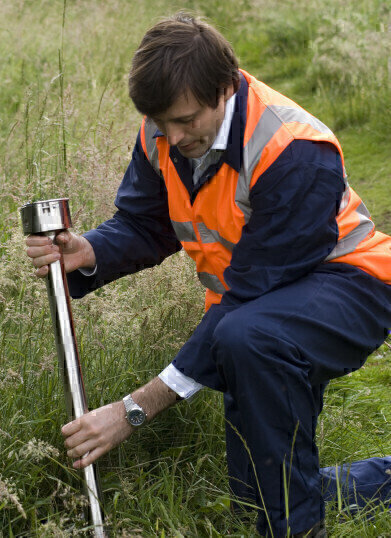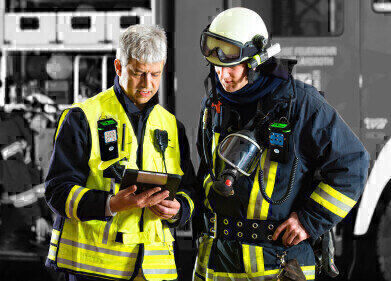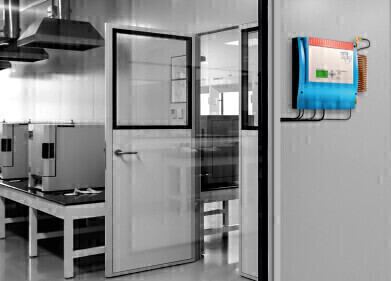Fixed gas monitor
Unmanned Gas Monitoring Before, During and After Hydrofracking
Oct 31 2012
Across the world, plans for shale gas drilling are being assessed and implemented as nations look to secure their fuel supplies. There is controversy, however, about the environmental impact regarding the process for extracting shale gas, hydrofracking.
Concerns exist surrounding the potential for shale gas to escape through manmade or natural fractures and from the well itself. These will have impacts on greenhouses gas levels, potentially contaminate aquifers and may create an explosion and asphyxiation hazard.
The only way to demonstrate hydrofracking is not causing any adverse effects is to monitor the process. Gas naturally seeps from the subsurface to groundwater and atmosphere therefore, operators should monitor before, during and after shale gas operations to demonstrate their impact is minimal. The GasClam, available from Ion Science (UK), allows continuous unmanned data collection of CH4, CO2, VOC’s concentration be accessed remotely via a telemetry offering a perfect solution.
Digital Edition
PIN 25.6 Buyers' Guide
January 2025
Buyers' Guide Directory - Product Listings by Category - Suppliers Listings (A-Z) Articles Analytical Instrumentation - ASTM D7042: The Quantum Leap in Viscosity Testing Technology -...
View all digital editions
Events
Jan 25 2025 San Diego, CA, USA
SPE Hydraulic Fracturing Technology Conference and Exhibition
Feb 04 2025 The Woodlands, TX, USA
Feb 05 2025 Guangzhou, China
Trinidad and Tobago Energy Conference 2025
Feb 10 2025 Point Lisas, Trinidad
Feb 10 2025 Lagos, Nigeria



















